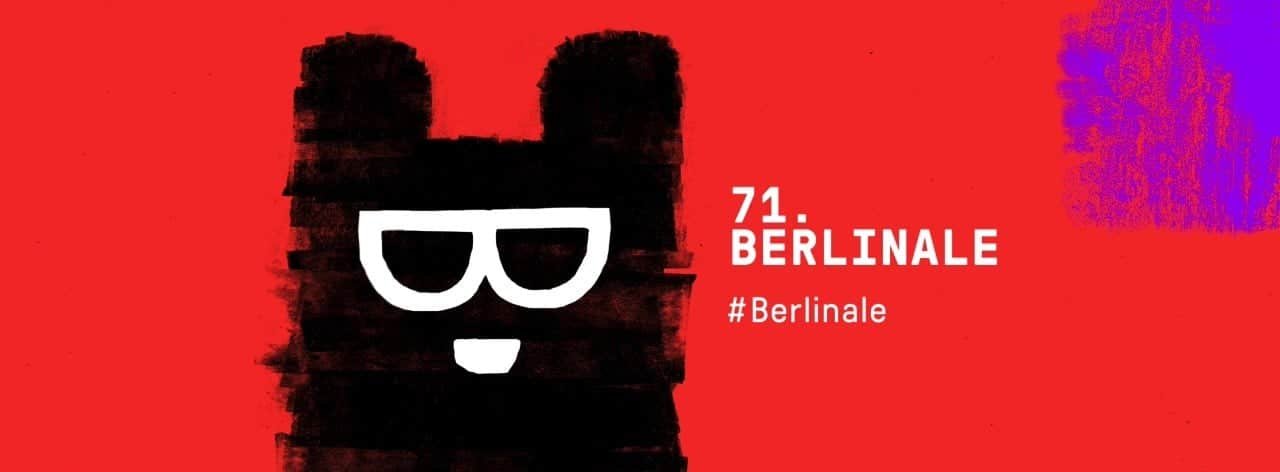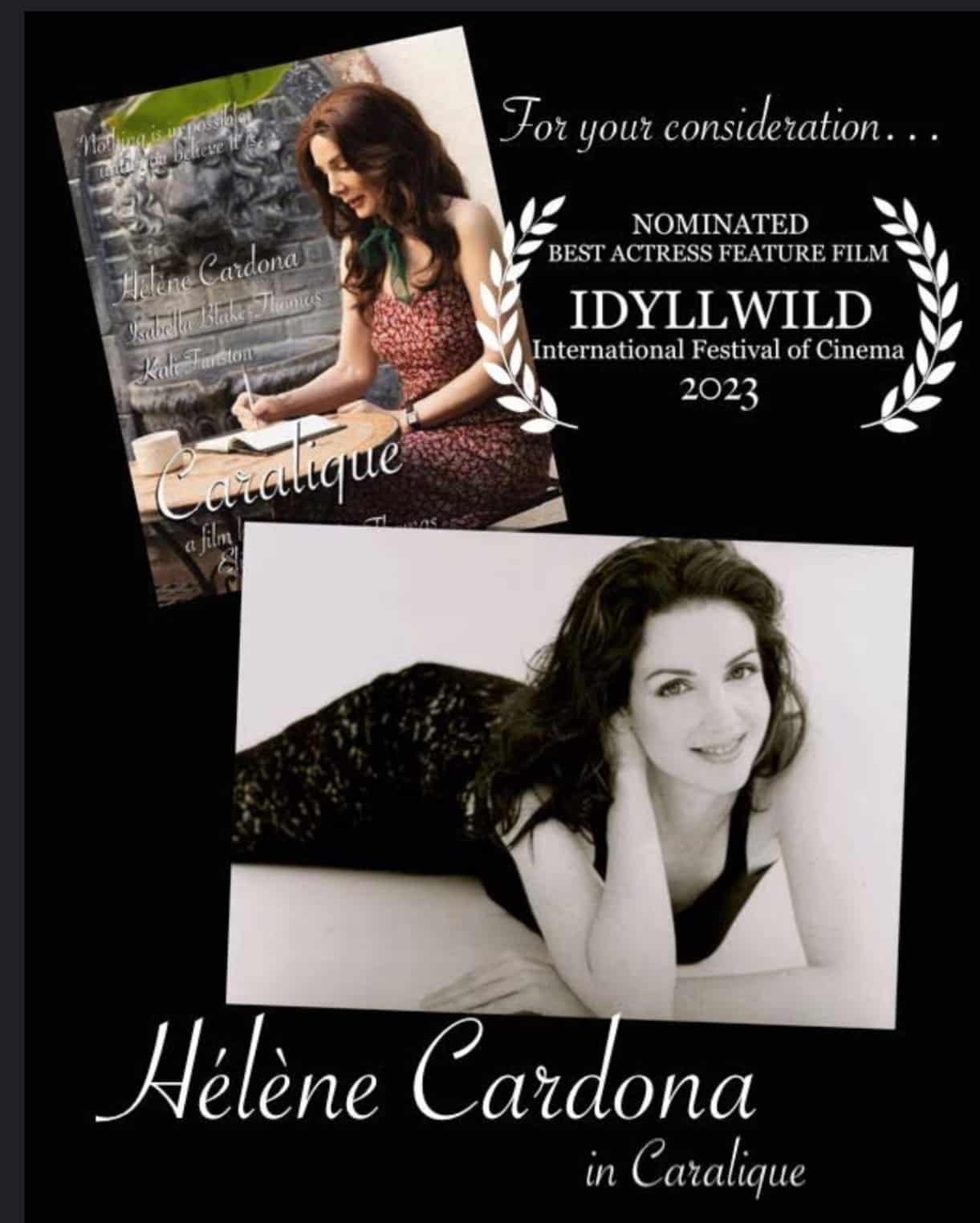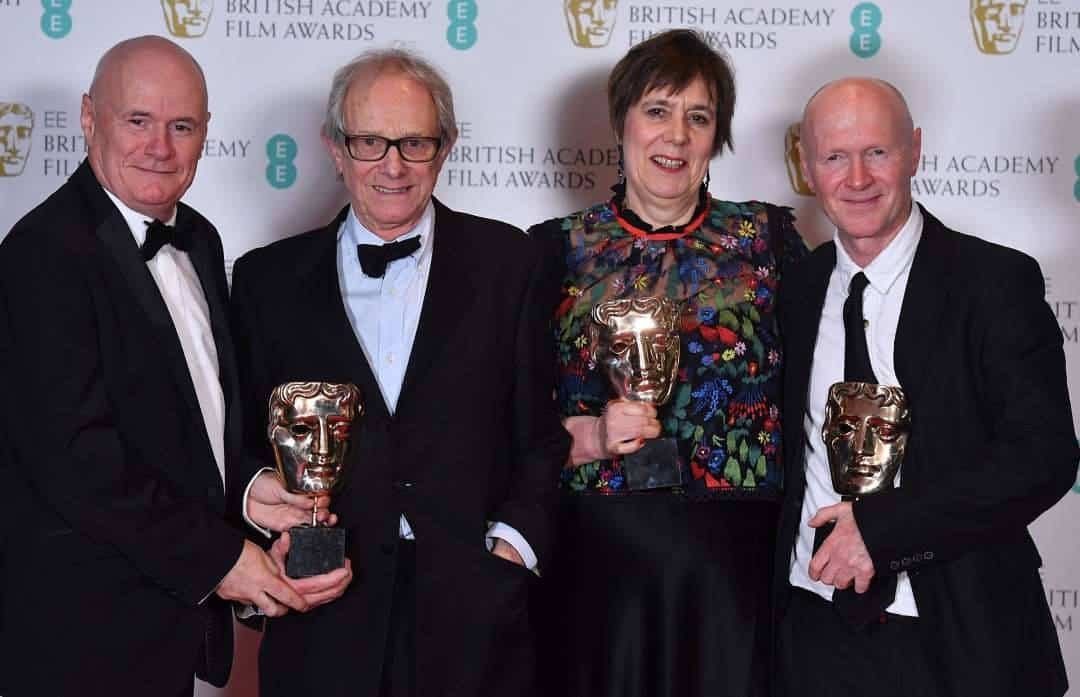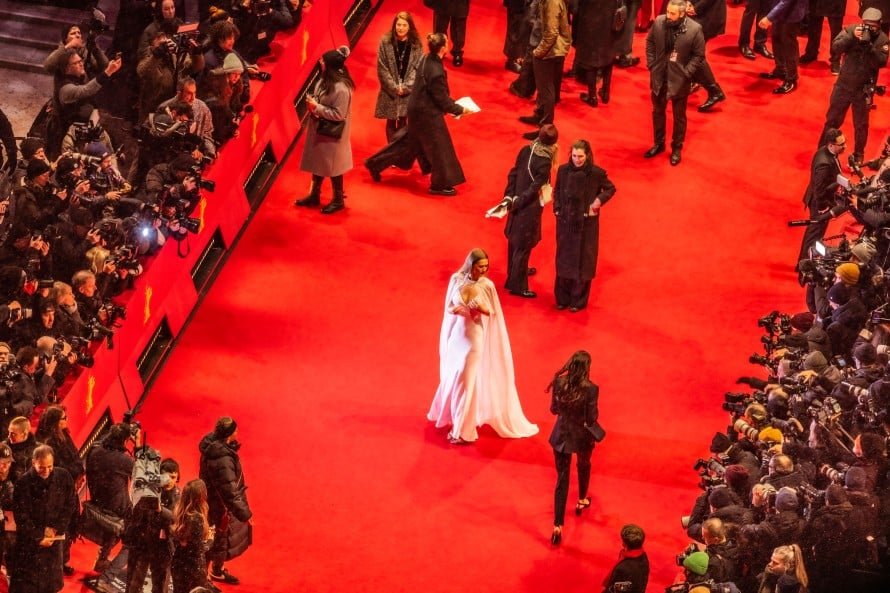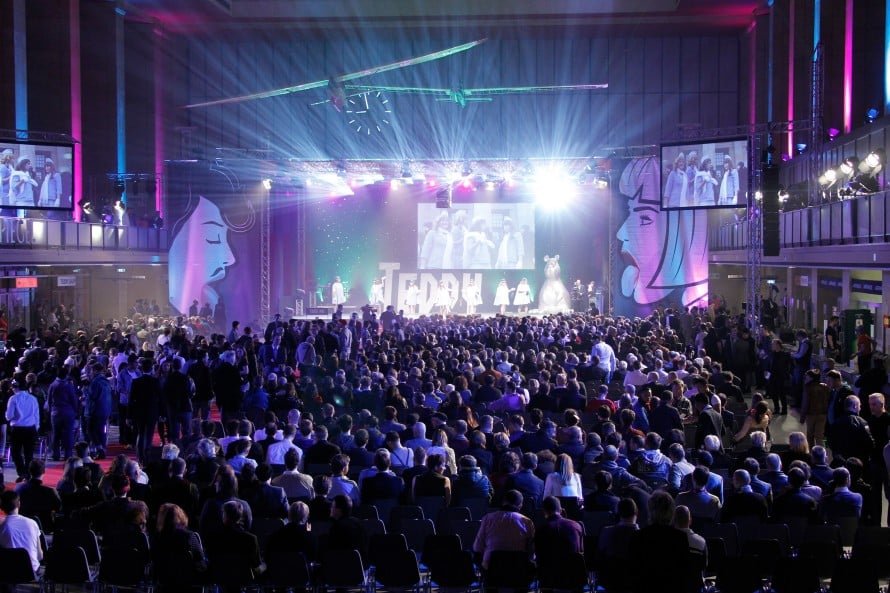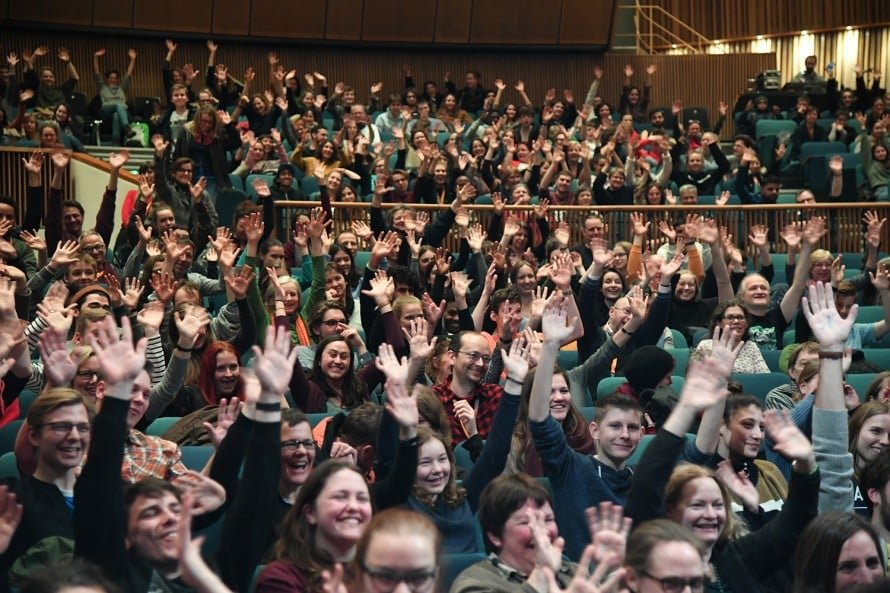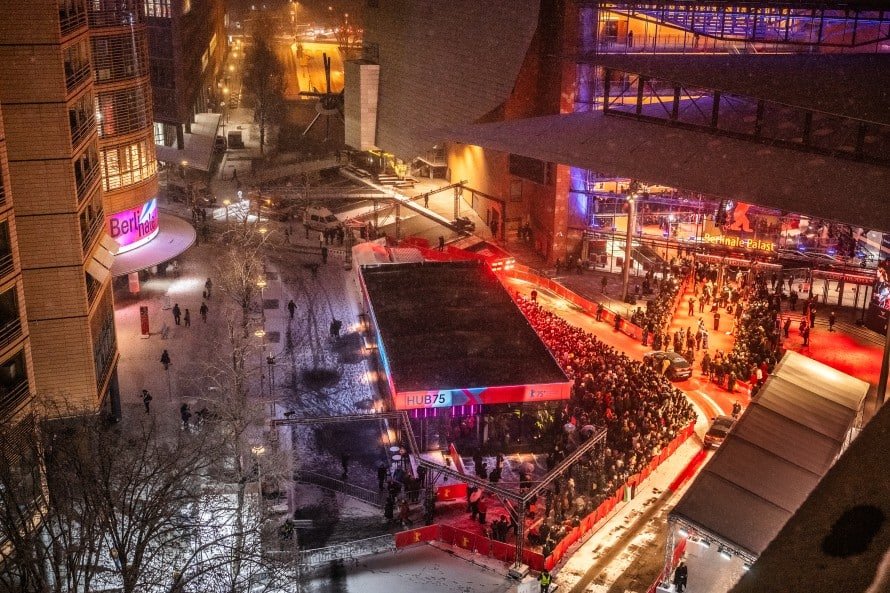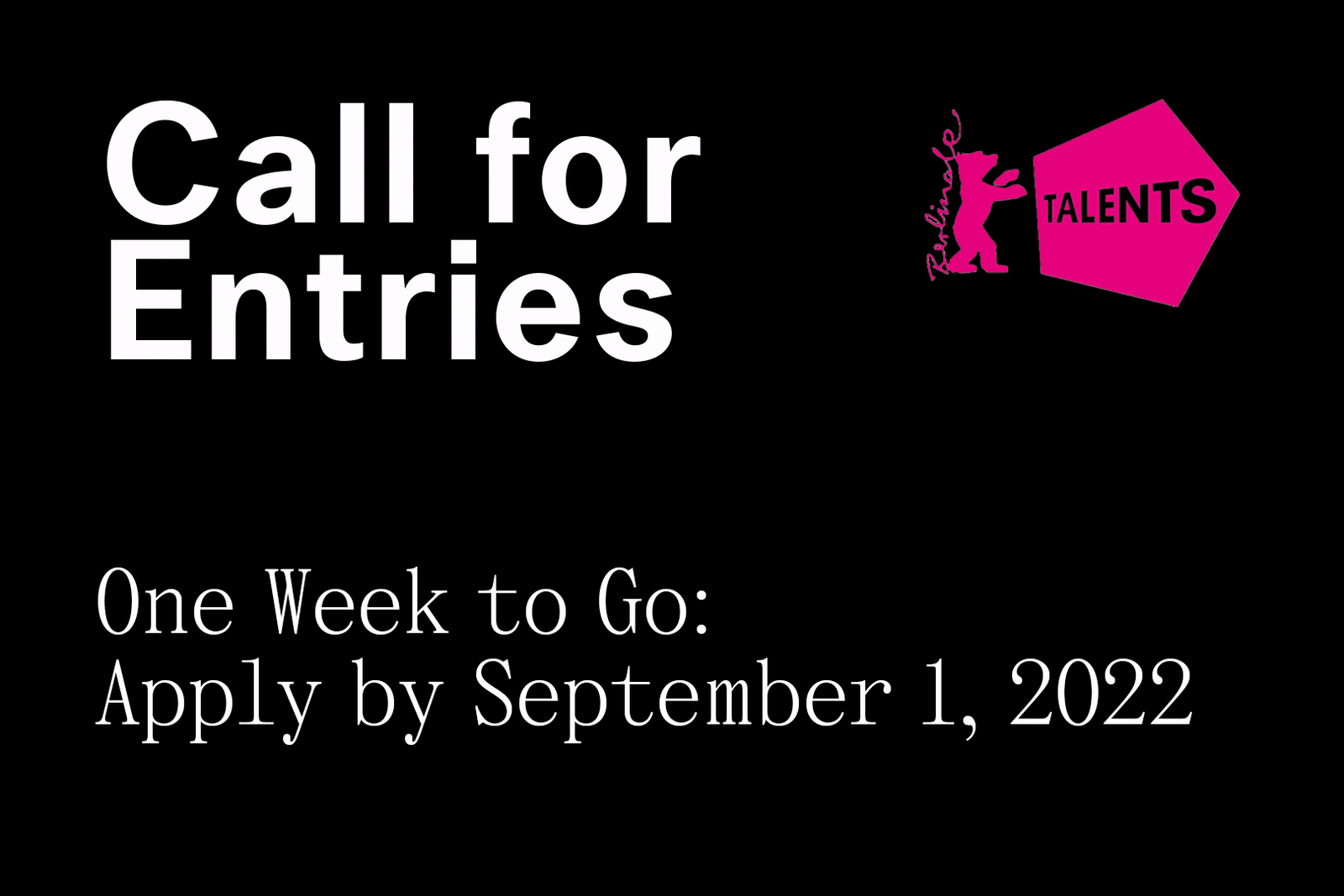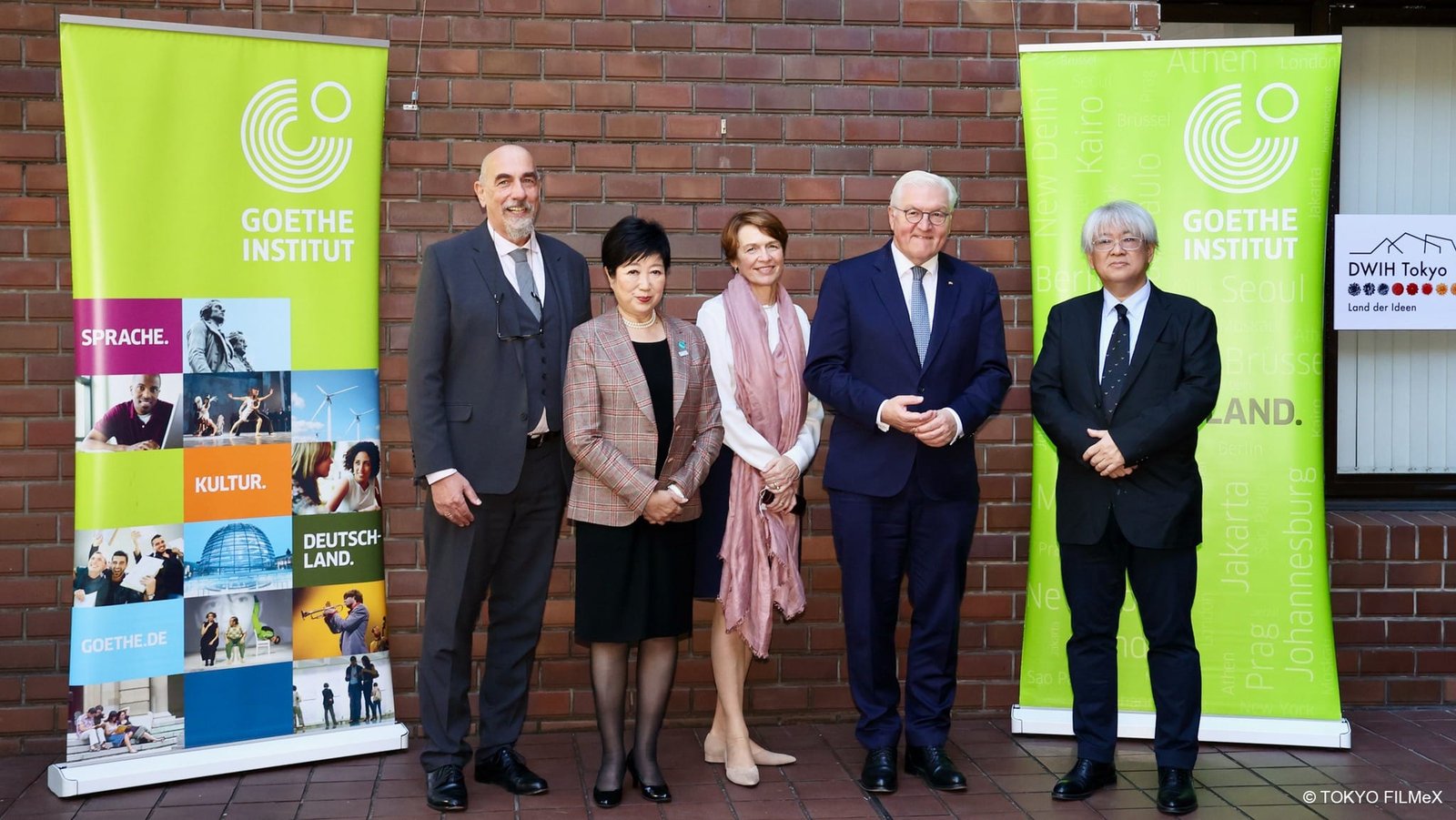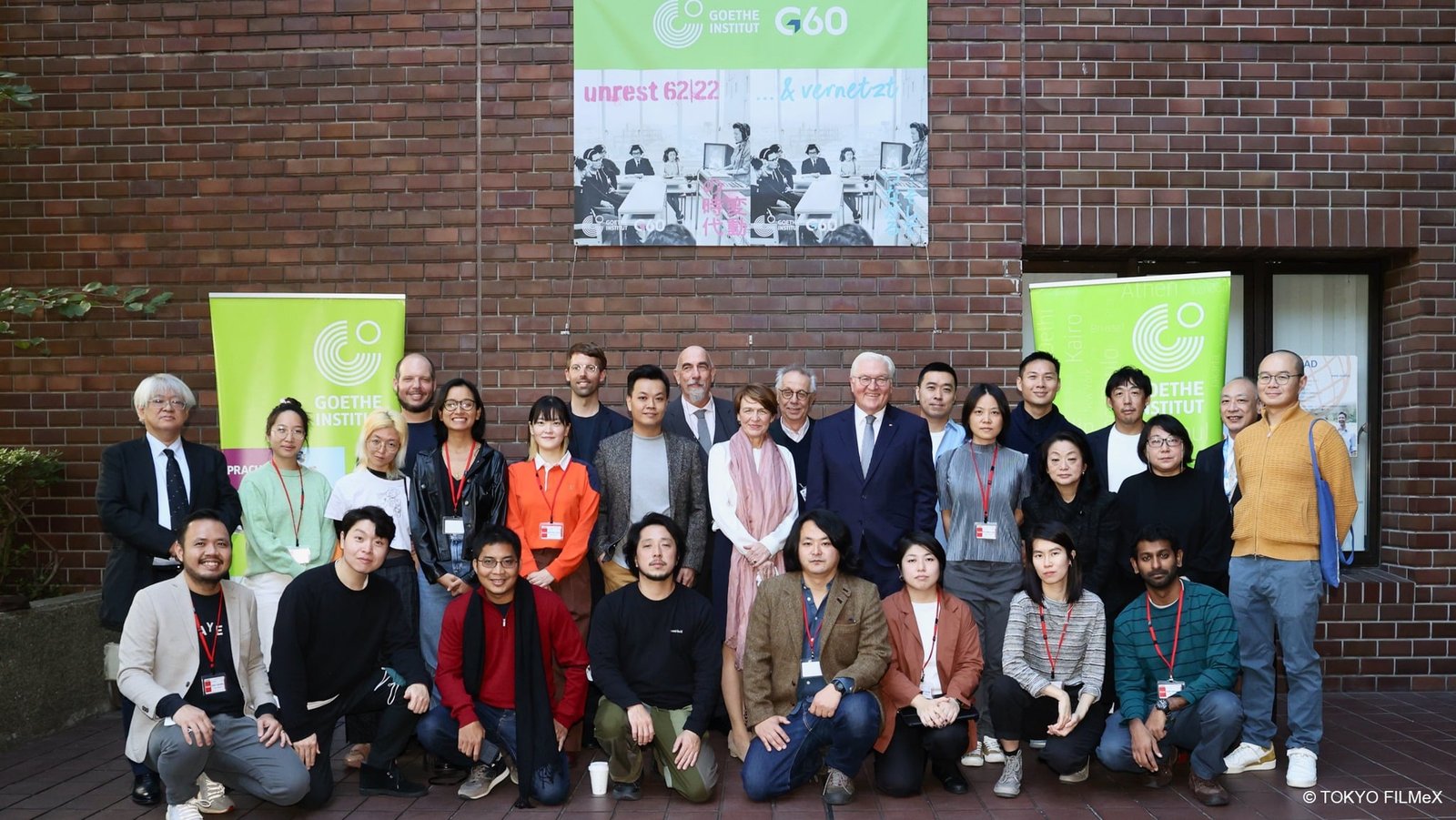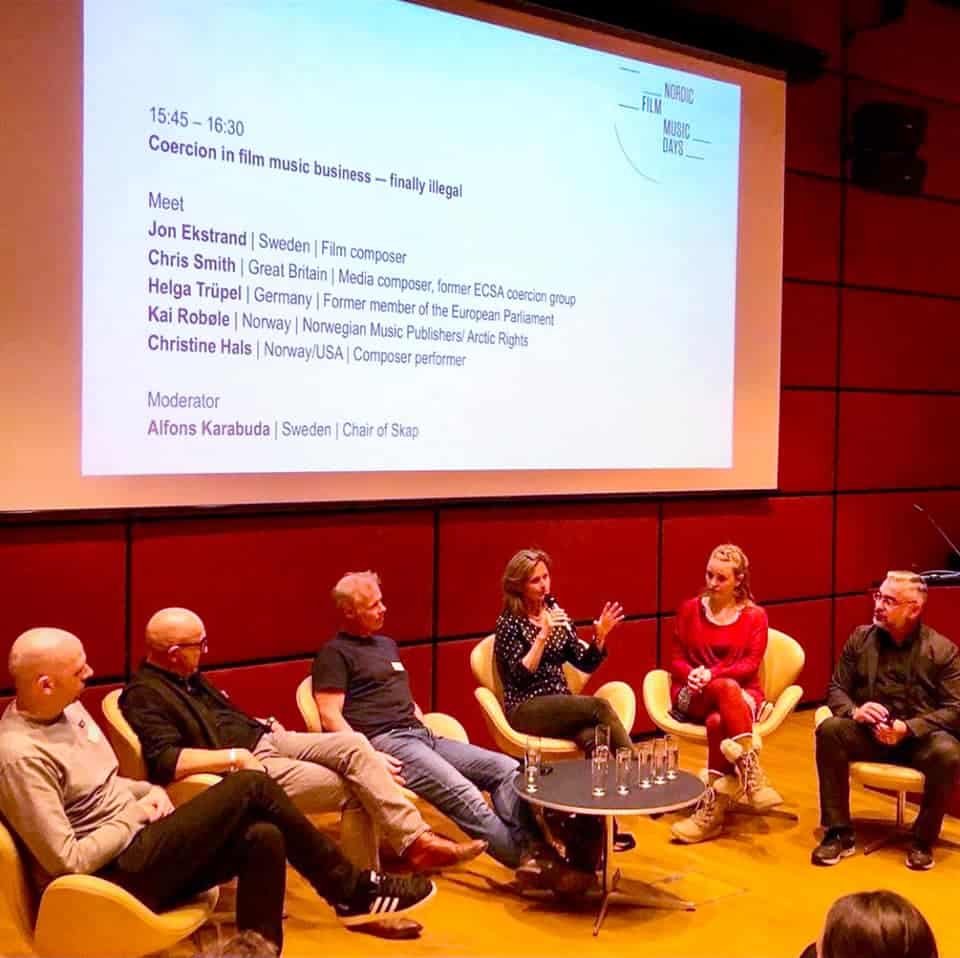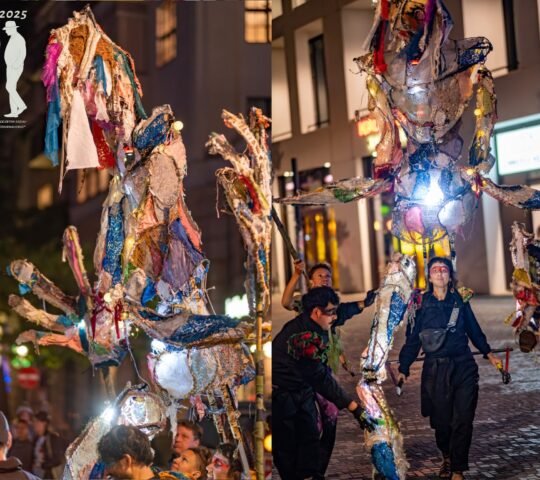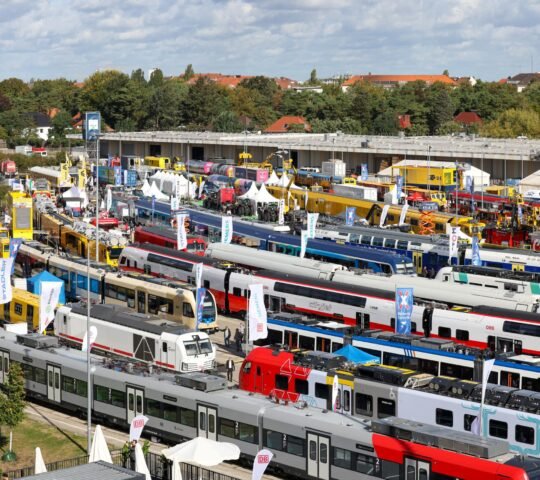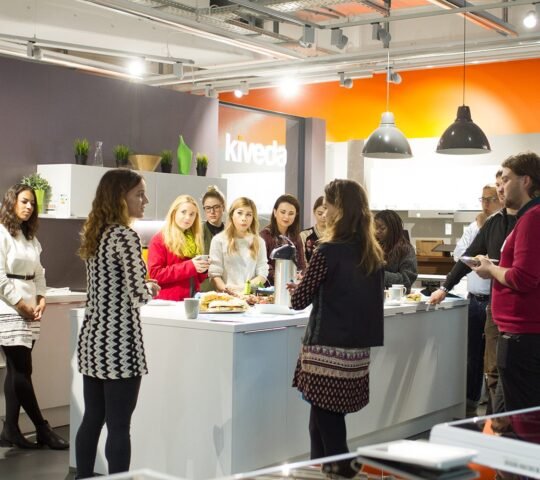Berlin International Film Festival (Berlinale) – Germany 2026
Background & History
The Berlin International Film Festival, commonly known as the Berlinale, is one of the world’s most prestigious and influential film festivals, held annually in Berlin, Germany. Founded in 1951 in West Berlin, it emerged in the aftermath of World War II as a cultural initiative spearheaded by film historian Dr. Alfred Bauer, with support from the Allied forces, to foster artistic expression and international unity in a city scarred by conflict. Initially a showcase for Western cinema during the Cold War, the Berlinale evolved into a global platform celebrating diverse cinematic voices. It has grown from a modest event into a cultural juggernaut, screening over 400 films annually and attracting filmmakers, industry professionals, critics, and cinephiles from over 130 countries.
The festival is renowned for its eclectic programming, encompassing mainstream blockbusters, independent films, documentaries, experimental works, and films from regions with limited cinematic infrastructure. Its main Competition section awards the coveted Golden and Silver Bears, recognizing outstanding cinematic achievements. Sections like Panorama, Generation, Forum, and the European Film Market (EFM) highlight the festival’s commitment to diversity, innovation, and industry networking. The Berlinale has long championed social and political issues, amplifying marginalized voices, including through its pioneering TEDDY Award for queer cinema since 1987. Under Festival Director Tricia Tuttle (appointed in 2023), the Berlinale has intensified its focus on sustainability, accessibility, and inclusivity, aligning with the United Nations’ 17 Sustainable Development Goals (SDGs). Since 2010, the festival has pursued eco-conscious measures, earning the EMAS environmental seal in 2013, and continues to innovate with initiatives like a recyclable “green” Red Carpet and vegetarian catering.
Event Highlights
- Main Activities or Performances: The Berlinale features an extensive program with over 400 films across multiple sections: Competition (vying for Golden and Silver Bears), Panorama (bold narratives, including queer and socially critical films), Generation (films for children and youth with age-specific screenings), Forum (experimental and avant-garde cinema), and Perspektive Deutsches Kino (emerging German filmmakers).
- World and European premieres, alongside retrospectives and curated series like Berlinale Special, draw global attention. The festival hosts panel discussions, workshops, Q&A sessions with filmmakers, and networking events through Berlinale Talents and the EFM, a major hub for film industry professionals.
- Special Traditions or Features: The TEDDY Award, launched in 1987, is a hallmark of the Berlinale’s commitment to queer cinema, making it a pioneer in inclusive programming. The “green” Red Carpet, introduced in 2019 with Object Carpet, is fully recyclable, reflecting the festival’s sustainability ethos.
- The Generation section engages young audiences with live German voiceovers, subtitles, and educational initiatives like film questionnaires and youth juries awarding Crystal Bears. The Berlinale’s public program includes accessible screenings with audio descriptions and sign language, ensuring inclusivity.
- Unique Attractions for Visitors: Attendees can experience star-studded red-carpet events at the Berlinale Palast, immerse in Berlin’s vibrant cultural scene, and engage with filmmakers during intimate Q&A sessions. The EFM offers unparalleled networking for industry professionals, while Berlinale Talents connects over 200 emerging filmmakers annually, fostering a global alumni network of nearly 10,000.
- The festival’s diverse venues, from historic Kino International to modern CinemaxX, add to its unique charm. Visitors can also explore pop-up events, street performances, and exhibitions like the #17Goals project, showcasing the UN’s SDGs.
Date & Duration
- Dates: February 12–22, 2026 (based on historical patterns; exact dates to be confirmed closer to the event).
- Duration: 11 days.
Venue / Location
- City: Berlin, Germany.
- Main Venue: Berlinale Palast at Potsdamer Platz 11, 10785 Berlin, the epicenter for premieres and red-carpet events, known for its iconic architecture and LED-lit exterior (since 2020).
- Notable Areas: Screenings occur at multiple venues, including CinemaxX Potsdamer Platz (modern multiplex), Kino International (historic East Berlin cinema), Haus der Kulturen der Welt (cultural hub for Generation), Zoo Palast (restored Art Deco cinema), and Cubix Alexanderplatz. The EFM operates at the Gropius Bau and the Marriott Hotel, while Berlinale Talents events are hosted at HAU Hebbel am Ufer. Potsdamer Platz transforms into a festival hub with pop-up stalls, exhibitions, and fan zones.
Ticket Information
- How Tickets Are Sold: Tickets are available online via berlinale.de starting early February, with advance booking advised due to high demand. On-site box offices at venues like Berlinale Palast and CinemaxX operate during the festival. Industry accreditations, available online, grant access to the EFM, Berlinale Talents, and exclusive screenings. People with disabilities (50%+ disability degree) can book via tickets@berlinale.de or by phone.
- Admission: Most screenings are paid, with ticket prices ranging from $8–$16 USD, depending on the venue and program. Free screenings are rare but may occur for select public events. Accompanying persons for those with a class “B” disability pass receive free admission, subject to availability. Student or group discounts may be available, announced closer to the festival.
- Special Seating or VIP Options: Limited wheelchair spaces and “early boarding” are available for attendees needing support. VIP accreditations ($200–$500 USD, depending on access level) provide priority seating, red-carpet event access, and industry lounges. Detailed pricing and packages are published on berlinale.de in January 2026.
Contact Information
- Email: info@berlinale.de (general inquiries); info-diversity@berlinale.de (anti-discrimination reports); programme@berlinale.de (programming); efm@berlinale.de (European Film Market); films@berlinale.de (film submissions); pr@berlinale.de (press); tickets@berlinale.de (ticketing).
- Phone: +49 30 25920-0 (general); +49 30 25920-666 (EFM); +49 30 25920-444 (programme organization); +49 30 25920-878 (film office).
- Mailing Address: Berlin International Film Festival, Potsdamer Platz 11, 10785 Berlin, Germany.
- Website: https://www.berlinale.de/en/home.html
- Social Media: @berlinale (Instagram, Facebook, Twitter, YouTube).
- Key Staff:
- Festival Director: Tricia Tuttle
- EFM Director: Tanja Meissner
- Film Programming Directors: Jacqueline Lyanga & Michael Stütz
- Chief of Staff: Florian Weghorn
- Finance and Business Operations Director: Tommy Kommer
- Programme Operations and Production Director: Miriam Reimers
- Communications and Brand Director: Kim Beavers
- Press/Volunteers: Press inquiries: pr@berlinale.de; volunteer applications: info@berlinale.de (details TBD in late 2025). Response time is ~24–48 hours, with English and German support.
- Anti-Discrimination Support: Email info-diversity@berlinale.de for year-round reporting. An Awareness Team of trained anti-discrimination consultants is available during and shortly after the festival, with contact details announced closer to the event. The team ensures compliance with KBB House Rules and the German General Equal Treatment Act (AGG).
Cultural Experience
The Berlinale is a vibrant celebration of global cinema, set against the backdrop of Berlin’s dynamic, multicultural identity. Visitors can expect an immersive experience, with films spanning diverse genres, cultures, and perspectives, from bold political documentaries to whimsical youth-oriented stories. The Panorama section champions queer cinema, while Generation engages children and teens with age-appropriate films, live German voiceovers, and educational resources.
Enjoy Your Event Stress-Free with Euro Travelo
Planning a trip to attend a festival, concert, or business event in Europe can be overwhelming—tickets, travel, accommodation, and local logistics all take time and effort. Euro Travelo makes it simple by providing everything you need through one trusted company. You save time, avoid stress, and enjoy a seamless experience from start to finish.
Why Choose Euro Travelo:
- Secure and easy ticket booking for concerts, festivals, theaters, and business events.
- Complete travel planning including flights, trains, and local transportation.
- Accommodation arrangements near event venues, tailored to your needs.
- Convenient local transfers, from airport pickups to private shuttles.
- On-site concierge support to help you navigate venues and schedules.
- Custom itineraries and experience packages combining multiple events, tours, and activities.
- Secure payment process, making it safe and convenient to book all services online.
- Flexibility: even if you need only one service, we can assist individually.
Post-screening Q&As and panels foster dialogue on global issues, encouraging attendees to challenge societal norms and embrace new perspectives. Berlin’s winter setting adds a cozy, festive atmosphere, with Potsdamer Platz bustling with fans, street performers, and pop-up exhibitions like the #17Goals project, highlighting the UN’s SDGs. The festival’s commitment to inclusivity, evident in its accessibility initiatives and the “Berlin Declaration of the Many” (signed in 2019 against right-wing populism), creates a welcoming environment for all. Traditional German hospitality shines through, with venues adorned in festival decor and a lively, communal spirit.
Food & Drinks
Since 2006, the Berlinale has progressively shifted to sustainable catering, becoming fully vegetarian in 2020 to reduce the environmental impact of meat production. Must-try specialties include:
- Vegetarian Currywurst: A plant-based version of Berlin’s iconic street food, served with tangy tomato sauce and crispy fries.
- Tofu or Seitan Schnitzel: Breaded vegetarian alternatives to the classic schnitzel, paired with traditional German potato salad or sauerkraut.
- Berliner Pfannkuchen: A jelly-filled doughnut dusted with powdered sugar, a Berlin staple.
- Spätzle with Mushroom Sauce: A hearty, vegetarian Swabian dish featuring egg noodles in a creamy mushroom sauce.
- Drinks: Fair-trade Lemonaid and ChariTea soft drinks (since 2014), local craft beers like Berliner Pilsner, and Glühwein (mulled wine) at nearby winter markets or festival stalls, perfect for February’s chilly weather. Coffee is served in reusable cups to minimize waste.
Getting There
- By Air: Berlin Brandenburg Airport (BER), 27 km from Potsdamer Platz, is the primary gateway. The S-Bahn (S9 or S45, ~40 minutes, €3.80) or Airport Express (FEX, ~30 minutes) connects to the city center. Taxis (~€50, 30–40 minutes) and rideshare apps like Uber (using sustainable hydrogen vehicles since 2023) are available.
- Public Transport: Berlin’s efficient U-Bahn (U2 to Potsdamer Platz), S-Bahn, trams, and buses provide seamless access to venues. A Deutsche Bahn festival ticket (since 2012) offers discounted, eco-friendly train travel across Germany. Day passes (€9–€12) cover unlimited public transport.
- Driving/Parking: Limited parking is available near Potsdamer Platz (€2–€4/hour). The festival uses electric car shuttles and hydrogen-powered VIP shuttles (since 2023) for sustainable transport. Public transport is recommended to avoid congestion and emissions.
- Biking/Walking: Berlin is bike-friendly, with rentals like Nextbike (€1–€3/hour). Many venues, including Berlinale Palast and CinemaxX, are within a 10–15-minute walk from Potsdamer Platz. Clear signage and step-free access aid navigation.
- Accessibility: Most venues are step-free or have lifts, with service dogs permitted. Detailed venue accessibility info is published on berlinale.de before the festival.
Accommodation Options
Berlin offers diverse accommodations near festival venues, catering to various budgets:
- Luxury: The Ritz-Carlton Berlin or Hotel Adlon Kempinski (Potsdamer Platz, 5–10-minute walk to Berlinale Palast, ~€200–€450/night). Both offer eco-certified options and proximity to the festival hub.
- Mid-Range: Scandic Berlin Potsdamer Platz (eco-friendly, ~€100–€200/night) or Mövenpick Hotel Berlin (near Anhalter Bahnhof, ~€120–€220/night), both within 10–15 minutes of main venues.
- Budget: Ibis Berlin City Potsdamer Platz (~€50–€100/night) or A&O Berlin Mitte hostel (~€40–€80/night, shared or private rooms), ideal for budget travelers.
- Airbnb/Apartments: Apartments in Mitte, Kreuzberg, or Friedrichshain (~€60–€150/night) offer flexibility for groups or longer stays. Book early to secure central locations.
- Tips: Reserve accommodations 3–6 months in advance, as Berlin fills up during the Berlinale. Opt for eco-certified hotels to align with the festival’s sustainability goals. Check berlinale.de for partner hotels offering festival discounts.
Maps
Contact
Video
FAQ's
What types of films are shown at the Berlinale
Over 400 films, including premieres, documentaries, independent, experimental, and youth-oriented works, are screened across Competition, Panorama, Forum, Generation, and Perspektive Deutsches Kino sections.
How can I buy tickets or get accredited?
Tickets ($8–$16 USD) are sold online at berlinale.de or at box offices. People with disabilities can book via tickets@berlinale.de. Accreditations ($200–$500 USD) for professionals, press, or students grant EFM and exclusive event access.
Is the festival accessible for people with disabilities?
Yes, most venues offer step-free access, lifts, and wheelchair spaces. Select screenings include audio descriptions and sign language. Contact info@berlinale.de for specific needs.
What is the European Film Market (EFM)?
The EFM is a global film market for networking, film sales, and industry events, requiring accreditation for access to Gropius Bau and Marriott Hotel venues.
How does the Berlinale promote sustainability and inclusivity?
It features a recyclable “green” Red Carpet, vegetarian catering, green electricity, and CO2 offsets via MoorFutures, holding the EMAS seal since 2013. Inclusivity includes the TEDDY Award, accessible screenings, and anti-discrimination support via info-diversity@berlinale.de.

